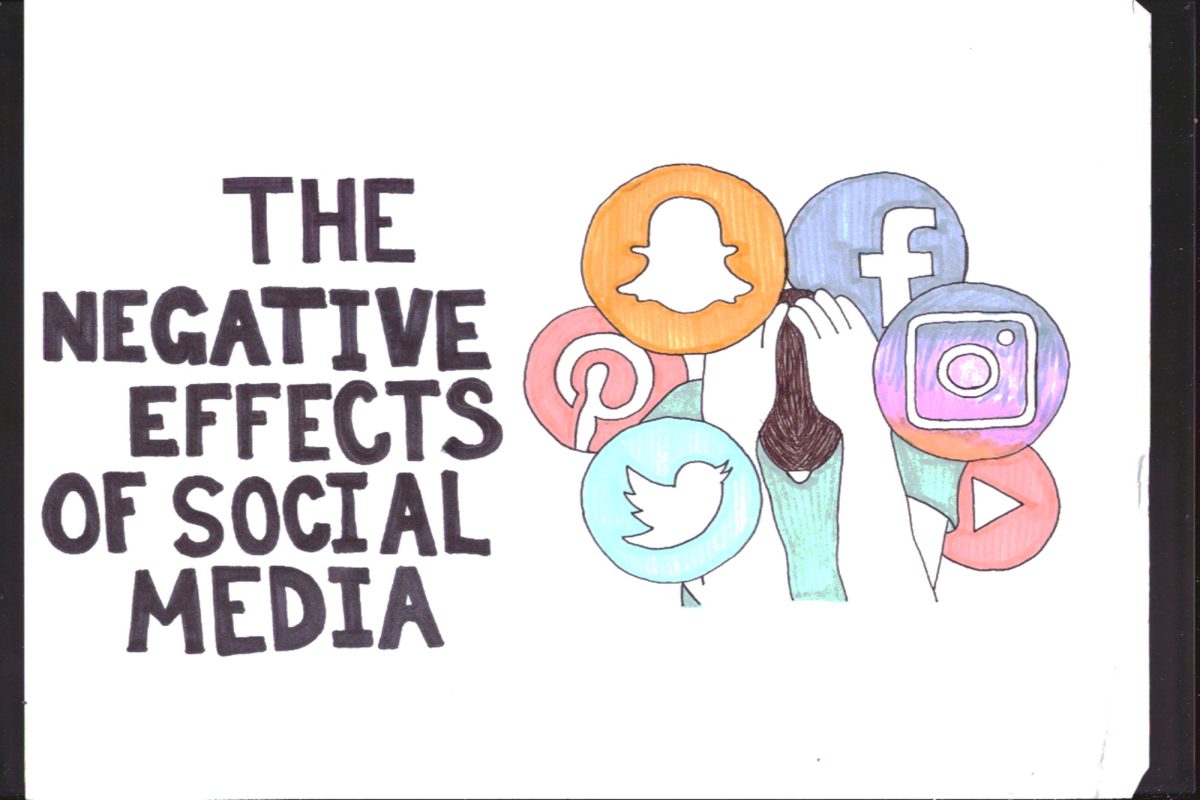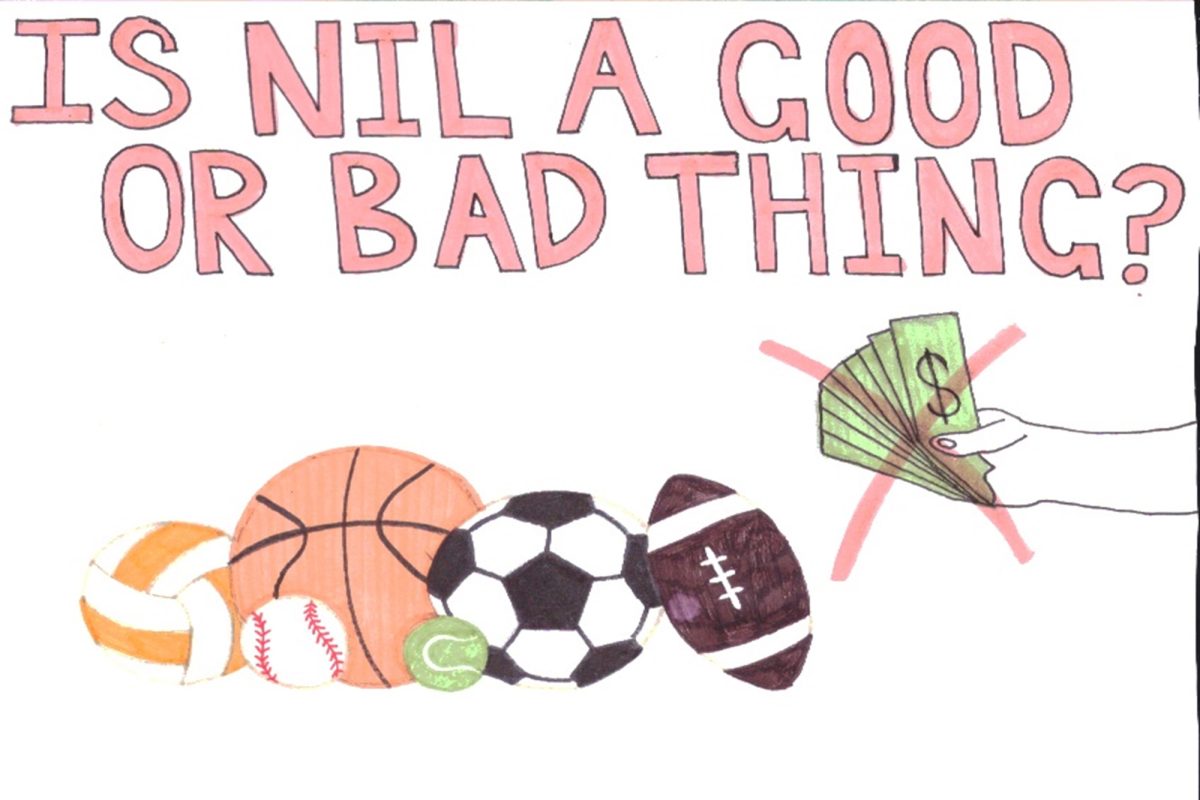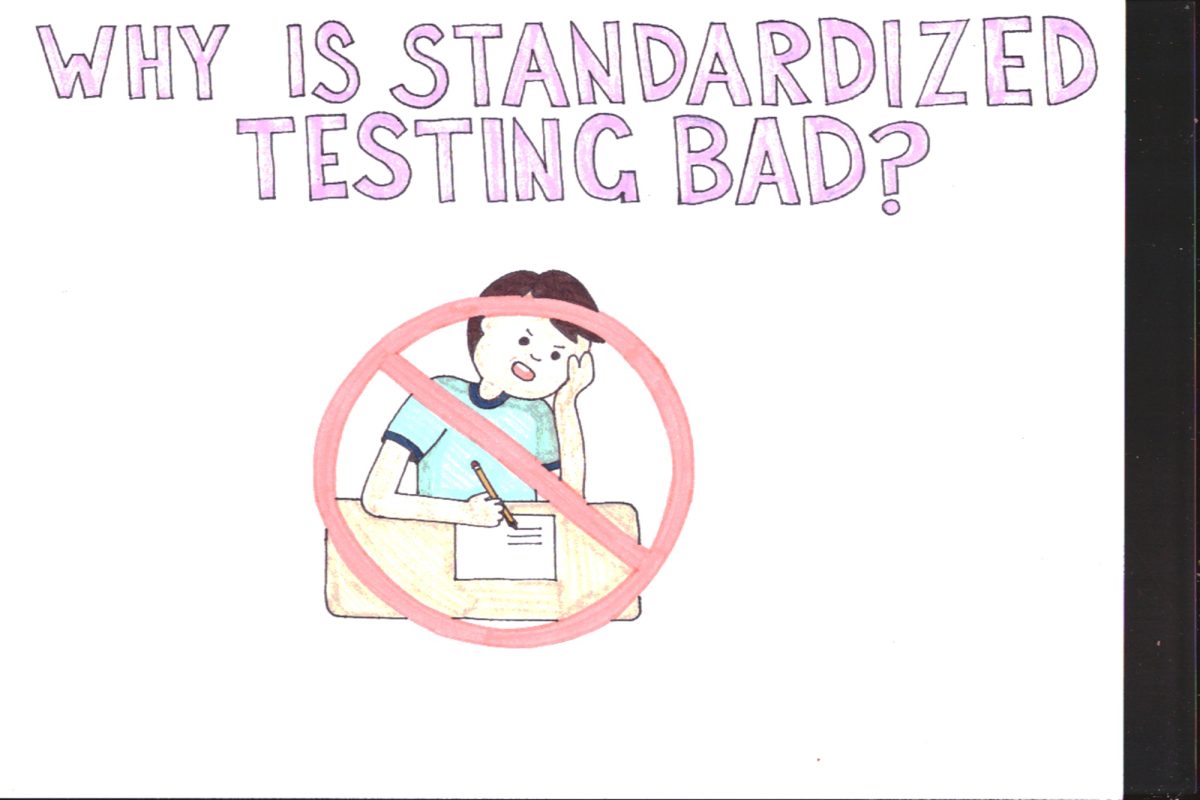“This is the greatest cheating tool ever invented.” Weber State University Professor Alex Lawrence said when questioned about ChatGPT.
Chat Generative Pre-training Transformer, better known as ChatGPT, has gained popularity around the world with its primary focus on helping humanity through Artificial Intelligence (AI). ChatGPT was created by Open AI, a private research company started in 2015 according to TechTarget. Most commonly used to write essays, gain feedback, and converse with its users, ChatGPT gives humanlike responses based on prompts given.
This technology, as helpful as it may be, should not be used in school, unless authorized and contained to specific lessons, as it may evoke laziness among students, particularly high schoolers.
According to NEA News, 25 percent of teachers surveyed by Study.com have caught students cheating using ChatGPT. This has left many educators finding it necessary to check for “AI plagiarism,” further adding to their heavy workload. It was noted in the same article that many K-12 teachers agreed that although ChatGPT can be used for small tasks such as composing emails to teachers or for , using this chatbot makes it harder for students to learn content and develop the skills necessary to complete ordinary, everyday tasks.
Many educators are concerned that ChatGPT is a crutch that will prevent students from actually needing to learn content. Although it can be valuable to use for small tasks such as constructing an email or asking a teacher questions, it can also prevent students from developing the soft skills that completing those small tasks allows.
Furthermore, this chatbot “guesses what question[s] mean.” Users cannot access information past 2021, except through a paid subscription of $20, which could be costly for some, according to an article from ZDNet. This is a downside for a generation accustomed to receiving technology in the moment.
Additionally, students are using it to cheat on assignments, causing educators to question their work.
It can be argued that plagiarism itself, and other forms of cheating, has certainly become commonplace with the excessive use of technology. Thus, these same arguments seem to be valid as AI and ChatGPT become more accessible and widespread throughout the country and its schools.
While there are many negatives to this excessive use of new technology, there are also positives if used correctly.
It is true that technology continues to evolve and now allows us to complete tasks we never thought possible. Technological advancements, such as ChatGPT, are certainly beneficial in some realms of life. According to an article from The New York Times, school systems and teachers around the nation do successfully use this technology to help their students brainstorm ideas, gather ideas, and put them together in a more manageable way.
ChatGPT can also be a resource for studying. According to StudySmarter.co.uk, by simply telling the chatbot topics or areas to focus on, ChatGPT generates prompts, making it easier for students to retain information and find a creative way to memorize the topic. Whether students ask ChatGPT to create a personalized study guide, use it to help with problem sets for subjects such as physics or math or simply develop a catchy song based on popular artists, ChatGPT can certainly help.
Overall, students need to look for alternative methods of help. Although ChatGPT can be useful, for example, to save time on assignments and prepare for exams, students will always be left with a question mark as to whether or not the information provided is credible and relevant to the topic at hand.
Princeton University senior Edward Tian, according to NPR, has created GTPZero, an application that screens essays to determine if they were AI-generated in effort to assist teachers in finding ways to combat cheating through technology.
Yet, if Tian’s method and various other screenings prove to be unsuccessful, secondary schools around the country will need to continuously block the chatbot on school-issued Chromebooks, similar to other restricted social platforms.
Ultimately, it is inevitable that students will find a way around restricted use of AI technology. But, if schools can at least find a way to ban it’s use on 1:1 Chromebooks, then students will not be able to use it inside of a school. And perhaps these same students might actually learn something, rather than making it socially acceptable to become lazy and take the easy way out.






